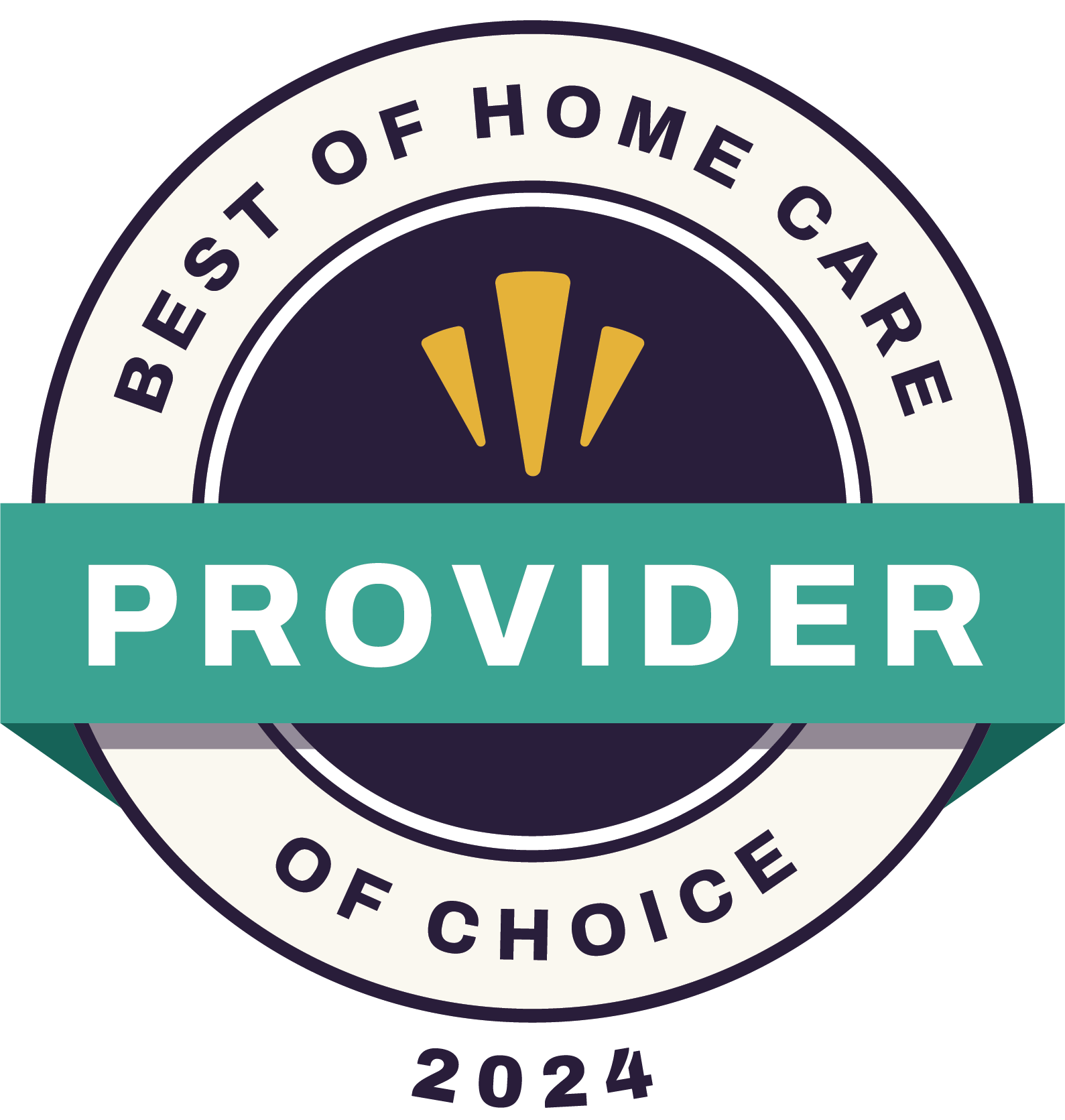Memory Care and How It Benefits Our Senior Loved Ones
A 2022 memory care sector analysis by NIC Analytics found that one in nine Americans aged 65 and older, accounting for 6.5 million people, have some type of dementia. The number is growing and is expected to hit 8.2 million by 2030. This means that more and more seniors will require proper memory care in the years to come.
If you are seeking memory care for a person with cognitive health issues, home care is one of your best options. A study on the effect of home hospital care found that home treatment can cause faster healing with a 70% lower chance of hospital readmission and even cost up to 40% less.
However, mental care is complex and requires specialized knowledge. Here are the secrets that can help you provide optimal memory care at home and guarantee the well-being of a senior with dementia.
Memory Care Mastery: Nurturing Cognitive Health in the Comfort of Home
Cognitive health challenges result in issues such as confusion, memory loss, difficulty with daily tasks, and even changes in behavior and mood. The home environment contributes positively to the healing process as it provides:
-
A comfortable and familiar environment: Consistent routines, familiar faces, and familiar surroundings can promote a sense of security and comfort, reducing the stress, anxiety, and disorientation that often comes with cognitive disorders.
-
Holistic, personalized care: Home care allows for tailored care services, whether that's companionship, cognitive stimulation, or emotional support.
-
Human connection and companionship: Caregivers become trusted companions, offering not just physical assistance, but also emotional support to patients, eliminating isolation and loneliness that can worsen mental health challenges.
Decoding the Complexity: Understanding Memory Care for Seniors
Statistics indicate that 83% of caregivers are unpaid, typically family members. However, unpaid care is not free, as these caregivers sacrifice their jobs and endure the physical, emotional, and mental effects of the demanding job of caring for people who need memory care.
Caregivers caring for someone with dementia are twice as likely to experience significant emotional and physical difficulties. Further studies indicate that untrained caregivers can experience high levels of stress and even risk depression. This is especially true for caregivers who are financially responsible for dementia patients.
That is because memory care is complex, requiring a deep understanding of the condition and specialized skills. Also, the needs of seniors can change frequently and you often have to keep up.
This type of care is also intricate because it requires:
-
24-hour monitoring to control any aggressive behavior
-
Structured routines and therapeutic activities
-
A memory-friendly physical environment, including things like safety and ease of access
-
Assistance with medication and mobility for patients who have mobility issues
-
Cognitive and emotional support such as answering questions, providing companionship, and engaging in memory-friendly games and activities
That's why specialized memory care from a trained caregiver is the best option.
Creating a Memory-Friendly Home Environment
A memory-friendly environment plays a big role in improving senior well-being and should be safe, comfortable, and as independent as possible. Only make changes that address your loved one's particular challenges and avoid anything that might increase their confusion.
Here are practical strategies to design a home that supports memory care:
-
Label things such as cupboards, doors, and cabinets
-
Set reminders like medication reminders
-
Install handrails to help with coordination and mobility
-
Maintain a quiet environment to create calmness
-
Remove dangerous objects such as guns, knives, and other weapons from sight
-
Install timers such as lights with built-in timers in case the person wanders at night and forgets to switch the lights off
-
Keep the room temperature comfortable so it doesn't get too hot or too cold
-
Improve lighting in all areas to prevent tripping
Design Strategies for Different Rooms Include:
Living Room
-
Showcase photos and things that trigger happy memories to reinforce a sense of identity
-
Remove clutter and rearrange furniture to create walkways
-
Avoid slippery floors and loose carpets
-
Avoid noise by frequently turning the television and radio off
Kitchen
-
Try to keep everything familiar. For instance, replace an appliance with one from the same make and model
-
Invest in appliances with built-in safety features like an automatic cut-off switch kettle
-
Keep electrical cords away from heating or water sources
-
Label cupboards or keep commonly used items on the bench
Bathroom
-
Label toilet and bathroom doors
-
Installing grab rails by the bath
-
Use non-slip rubber mats
-
Lock away toilet cleaning and personal care products
-
Remove locks to keep the seniors with dementia from locking themselves in or modify the door so it can open from the outside
Outdoor Areas
-
Put timers on the water hoses in case they forget to turn the tap off
-
Fix and lock gates
-
Put up fences, although not too much to make a senior with dementia feel trapped
-
Remove obstacles such as bins, spiky plants, and dangerous chemicals from the garage
Memory-Boosting Activities: Engaging Seniors in Meaningful Pursuits
Various memory-friendly activities stimulate cognitive functions such as focus, attention, comprehension, concentration, perception, reasoning, memory, and processing speed and contribute to overall senior well-being in a home care setting. Memory-friendly activities that improve cognitive function are:
Reading and Writing
Reading books and magazines can engage the mind and spark imagination, which keeps the brain active. You can also go for a good novel, an article on the web, or the daily news. Some elderly people enjoy children's books because they're easier to read and understand.
Playing Strategy Games
Strategy games stimulate multiple parts of the brain. Studies have proved that playing chess can raise IQ, prevent cognitive disorders, exercise both sides of the brain, increase creativity, and generally, improve cognitive functions.
Playing Simple Card Games
Card games such as Poker, Go Fish, Solitaire, and Memory Match improve cognitive function, problem-solving, and memory retention.
Word Games, Crosswords, and Solving Puzzles
Word searches, Sudoku, and crossword puzzles improve memory, word recall, and other brain functions. Go for books with larger print and a younger vocabulary.
Hand Coordination Games
Knitting, sewing, crafting, playing an instrument, and even video games help with hand-eye coordination and creativity, which exercises the brain. (Tip: Toss out game rules and focus on engaging your loved one.)
Sleep, Meditation, Exercise, and Proper Meal Planning
Exercise releases endorphins in the brain, which improves mood, vitality, alertness, and overall feeling of well-being. Yoga and light exercises such as walking, light gardening, housekeeping, and stretching can translate to improved memory. Getting a sufficient amount of sleep, eating healthy foods, and avoiding stress levels also keep the mind healthy.
Volunteering
Social connections from volunteering activities can prevent loneliness and isolation. Volunteering can also protect the brain against cognitive decline and dementia. A study found that older adults who volunteered had better memory and executive function.
Other Memory-Friendly Activities
Activities such as listening to music, taking beautiful photographs, and outings can also contribute to senior well-being.
Transform Your Home Into Haven – Start Enhancing Memory Care Today
The right in-home care and support can give seniors who need memory care a higher quality of life. Implement the above memory-friendly practices and share the knowledge with others to contribute to a supportive environment for seniors.
If you or a senior loved one is considering hiring home health care services, Elite Home Care offers professional, compassionate, and flexible care any time in the comfort of your home. What's more, our diverse team speaks over 11 different languages so we'll match you with a caregiver that will blend with your cultural environment. Contact us to speak to our friendly staff about your in-home care needs today.
Written by: Leah Ganz
Leah Ganz, RN, BSN is the Director of Patient Services at Elite Home Health Care. She has an extensive background in homecare and previously worked in various specialties including pediatrics, pain managemnet and internal medicine. She oversees allpatient services across Elite's departments.



